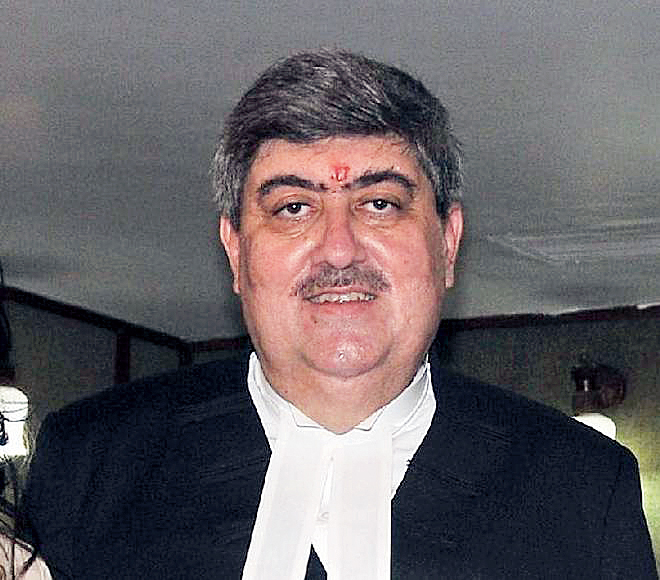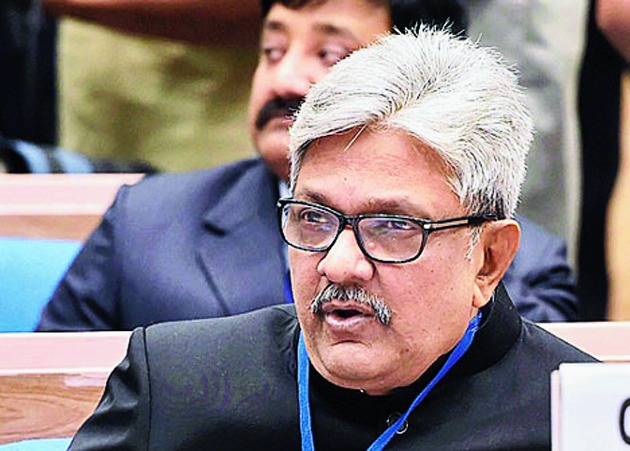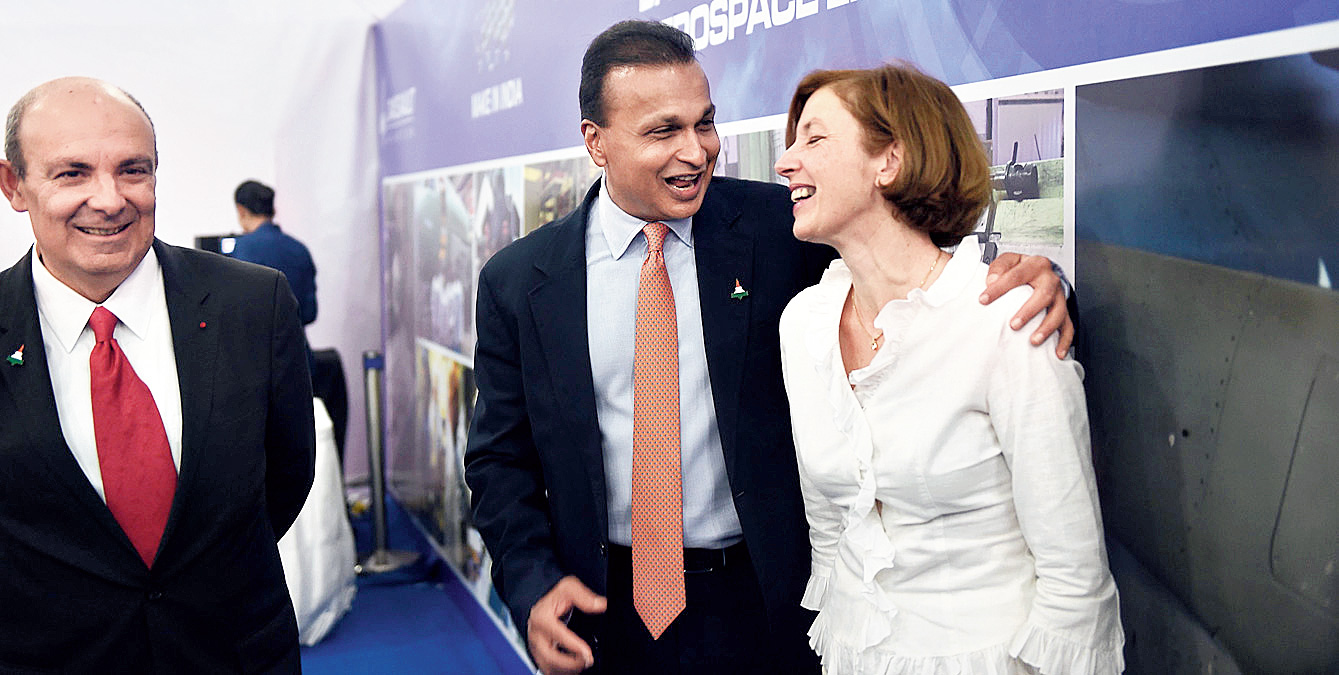In the Rafale judgment, a three-judge Supreme Court bench pointed out that the petitioners raised “three broad areas of concern, namely (I) the decision-making process; (II) difference in pricing and (III) the choice of IOP” (the Indian offset partner, Anil Ambani’s Reliance group firm).
The following are excerpts from the judgment on each of the three “areas of concern”. Italicised sentences are annotations added by this newspaper.
Decision-making process
- Broadly, the processes have been followed. The need for the aircrafts is not in doubt. The quality of the aircraft is not in question. It is also a fact that the long negotiations for procurement of 126 MMRCAs (during the UPA regime) have not produced any result….
- We cannot sit in judgment over the wisdom of deciding to go in for purchase of 36 aircraft in place of 126. We cannot possibly compel the government to go in for purchase of 126 aircraft….
- Our country cannot afford to be unprepared/under-prepared in a situation where our adversaries are stated to have acquired not only 4th generation, but even 5th generation aircrafts, of which, we have none. It will not be correct for the court to sit as an appellate authority to scrutinize each aspect of the process of acquisition.
- We may also note that the process was concluded for 36 Rafale fighter jet aircrafts on 23rd September, 2016. Nothing was called into question, then. It is only taking advantage of the statement by the exPresident of France, Francois Hollande that these set of petitions have been filed, not only qua the aspect which formed the statement, that is, the issue of IOPs but also with respect to the entire decisionmaking process and pricing. We do not consider it necessary to dwell further into this issue or to seek clausebyclause compliances.
Pricing
- The material placed before us shows that the government has not disclosed pricing details, other than the basic price of the aircraft, even to Parliament, on the ground that sensitivity of pricing details could affect national security, apart from breaching the agreement between the two countries.
- The pricing details have, however, been shared with the Comptroller and Auditor General (hereinafter referred to as “CAG”), and the report of the CAG has been examined by the Public Accounts Committee (hereafter referred to as “PAC”). Only a redacted portion of the report was placed before the Parliament, and is in public domain.
- The Chief of the Air Staff is stated to have communicated his reservation regarding the disclosure of the pricing details, including regarding the weaponry which could adversely affect national security.
- We have examined closely the price details and comparison of the prices of the basic aircraft along with escalation costs as under the original RFP (Request for Proposal)as well as under the IGA (Inter-governmental Agreement). We have also gone through the explanatory note on the costing, item wise.
- Suffice it to say that as per the price details, the official respondents (Prime Minister Narendra Modi and others) claim there is a commercial advantage in the purchase of 36 Rafale aircrafts. The official respondents have claimed that there are certain better terms in IGA qua the maintenance and weapon package.
- It is certainly not the job of this court to carry out a comparison of the pricing details in matters like the present. We say no more as the material has to be kept in a confidential domain.
Offset
- A press release in the form of a ‘Clarification on Offset Policy’, posted on 22nd September, 2018 has also been placed before us. Inter alia, it states that the Government reiterates that it has no role to play in the selection of the IOP. As per the Defence Offset 8 Technical Offset Evaluation Committee Guidelines, the OEM is free to select any Indian company as its IOP.
- Dassault has also issued a press release stating that it has signed partnership agreements with several companies and is negotiating with over hundred other companies.
- It is no doubt true that the company, Reliance Aerostructure Ltd, has come into being in the recent past, but the press release suggests that there was possibly an arrangement between the parent Reliance company and Dassault starting from the year 2012. As to what transpired between the two corporates would be a matter best left to them, being matters of their commercial interests, as perceived by them.
- There has been a categorical denial, from every side, of the interview given by the former French President seeking to suggest that it is the Indian government which had given no option to the French government in the matter.
- Thus, the commercial arrangement, in our view, itself does not assign any role to the Indian government, at this stage, with respect to the engagement of the IOP.
- The point remains that DPP 2013 envisages that the vendor/OEM will choose its own IOPs. In this process, the role of the government is not envisaged and, thus, mere press interviews or suggestions cannot form the basis for judicial review by this court, especially when there is categorical denial of the statements made in the press, by both the sides.
- We do not find any substantial material on record to show that this is a case of commercial favouritism to any party by the Indian government, as the option to choose the IOP does not rest with the Indian government.
Conclusion
- In view of our findings on all the three aspects, and having heard the matter in detail, we find no reason for any intervention by this court on the sensitive issue of purchase of 36 defence aircraft by the Indian government.
- Perception of individuals cannot be the basis of a fishing and roving enquiry by this court, especially in such matters. We, thus, dismiss all the writ petitions….

Justice SK Kaul The Telegraph file picture

Justice KM Joseph The Telegraph file picture












